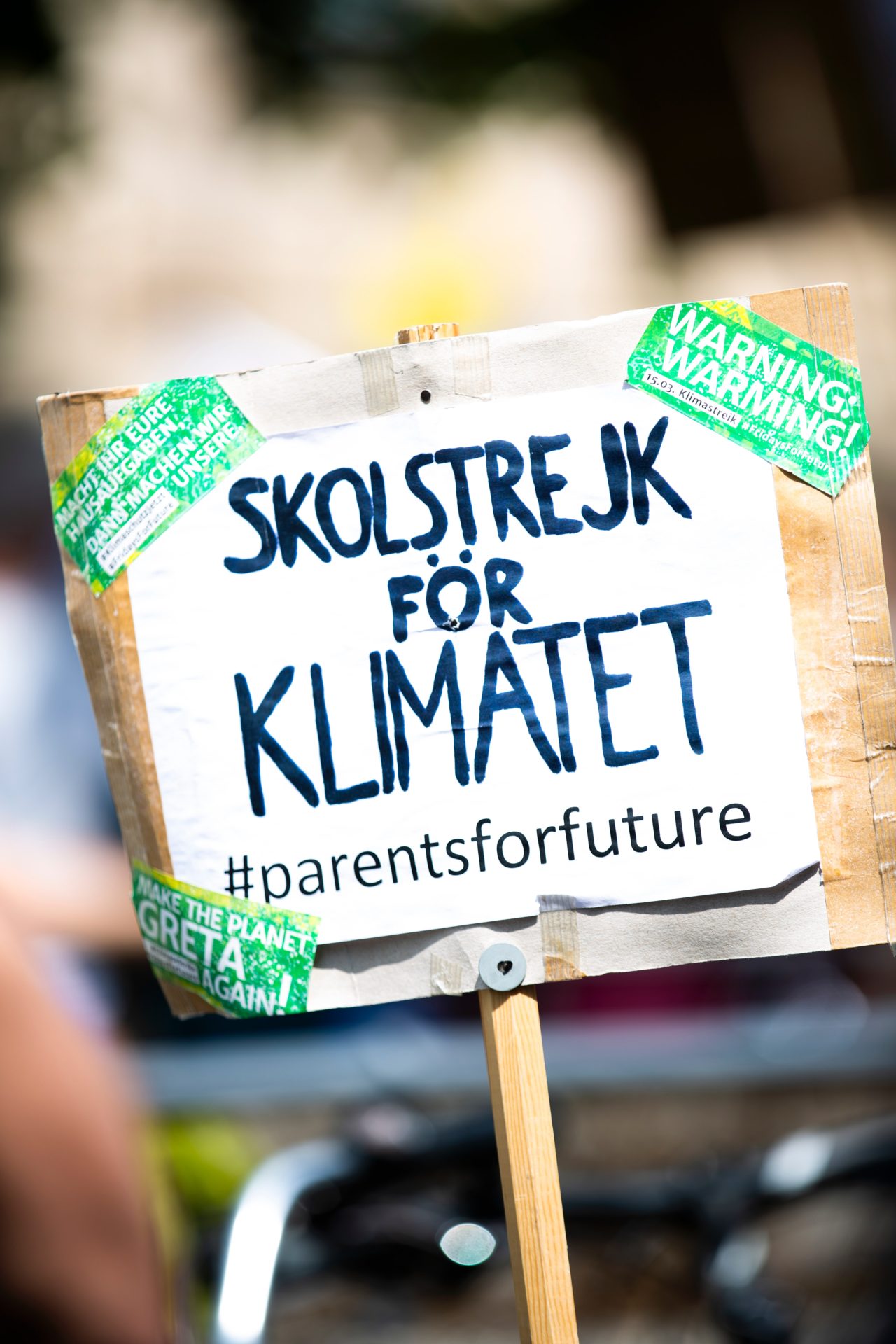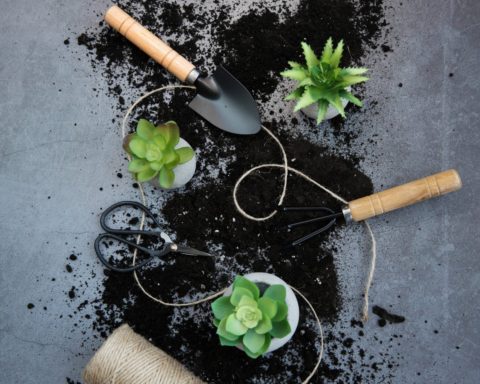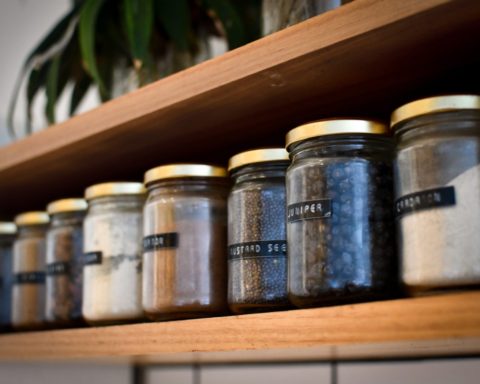Greta Thunberg. If you’ve never heard this name before, allow me to elaborate.
Who is Greta Thunberg?
Greta Thunberg is a now 18-year-old Swedish environmentalist. In 2018, at the age of only 15, she sat outside the Swedish parliament for nearly three weeks prior to their elections, with a sign simply stating “Skolstrejk för Klimatet” (School Strike for the Climate).
She continued to strike for action against climate change each Friday, calling it Fridays for Future. Her plight has garnered both local and international attention.
She has inspired thousands of other kids (and adults) to join in this movement. She speaks at large gatherings and she addresses world leaders. And people listen to her. I mean, who could ever forget her powerful ‘How dare you!’ speech?
In 2019 she was nominated for the Nobel Peace Prize for all her efforts. And if all of this is not amazing enough as it is, she also happens to be on the Autism spectrum with Asperger syndrome.
In the BBC documentary, A Year to Change the World, Miss Thunberg revealed that she was taught about climate change and global warming at school. It had such an impact on her that she couldn’t think of anything else. She started pouring all of her energy into trying to find out why, if this was such a serious issue, no one seemed to be doing anything about it. As such, she resolved to undertake this massive task of changing the world all by herself.
She is the ultimate ‘green kid’ and she certainly makes me want to do more in addressing the urgent and serious reality of climate change.
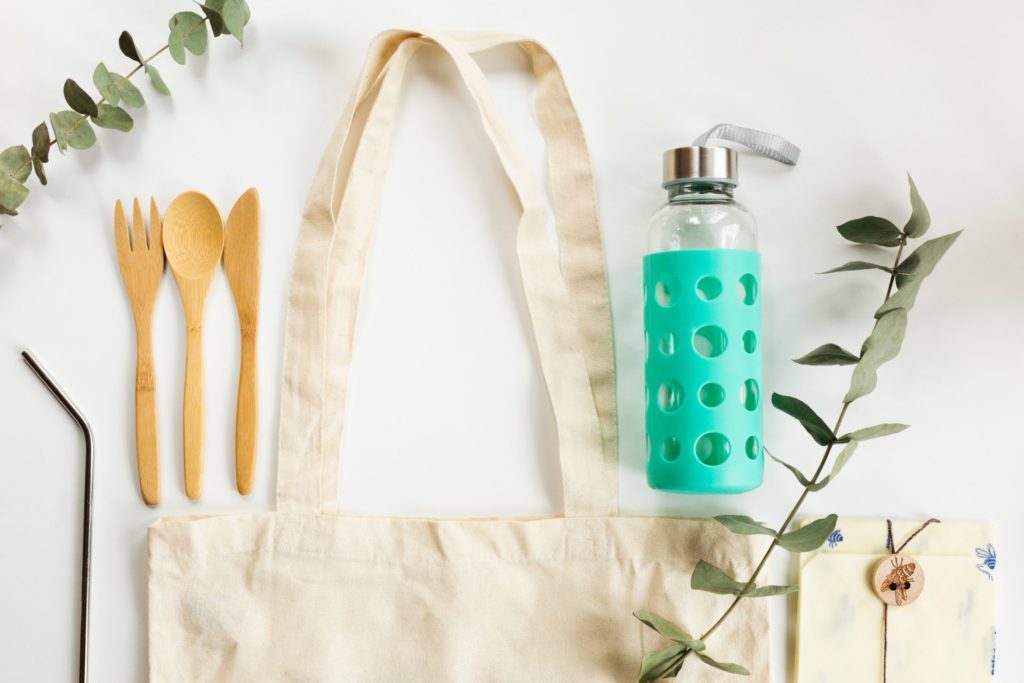
What is climate change and why should we be bothered?
Climate change is an enormous subject all on its own. We could speak about it for days – weeks, even. In a nutshell, climate change refers to the gradual heating up of our planet (as a direct result of human impact) and the devastating effects it has on all of our ecosystems. So yes – we should definitely be bothered by it.
Can we actually make a difference to climate change?
Despite the opinion that the large corporations are the ones responsible for the bulk of climate change (which they probably are) and that they should be the ones resolving the issue (probably correct, again), it doesn’t mean that we as individuals cannot make a positive change. By assuming that the problem will be sorted out by someone else, we’re only adding to the crisis. We all contribute towards climate change in one form or another and the sooner we realise it, the sooner we can start making a change for the better.
Why should we raise our kids green?
The answer is simple.
- To cultivate a culture of individual responsibility towards our environment.
- To ensure the future sustainability of our planet for generations to come.
Three easy green things to teach your kids
There are three simple changes you can start at home to get your kids accustomed to greener thinking. Turn it into a fun and exciting game and they’ll love it.
1. Compost
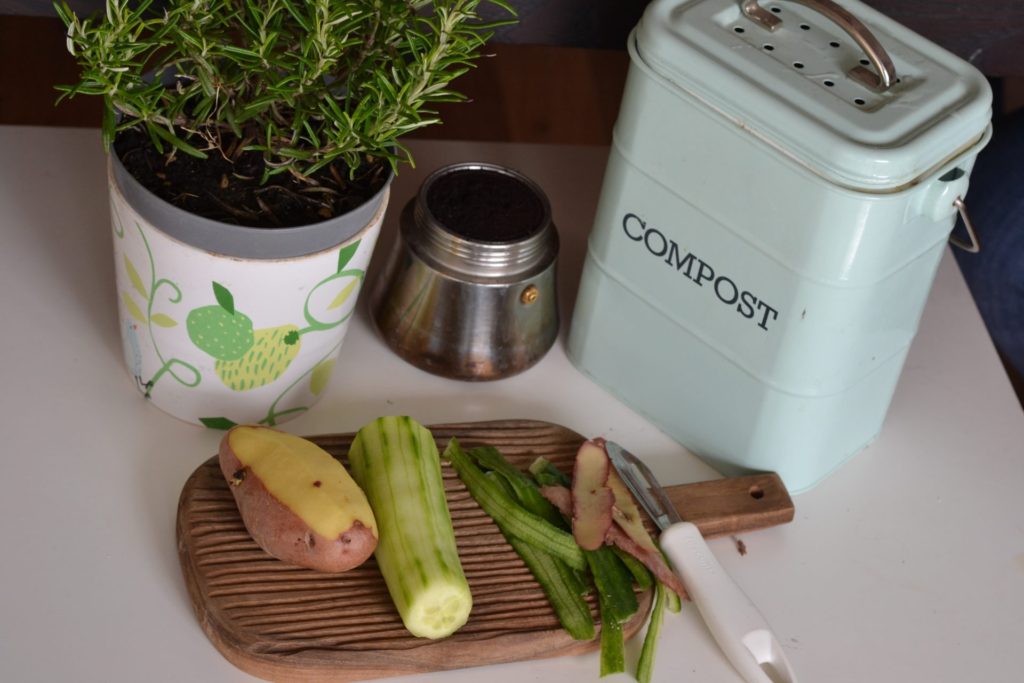
If you have a garden, you probably know that you need to put compost on it from time to time. Compost is organic waste and it helps your garden to grow beautifully.
But did you know that you could make your own compost?
All you have to do is to save all your organic waste (like vegetable peels, leftover food or garden waste) and you’ll be able to start your own compost heap.
And the best part is that you can compost even if you don’t have a garden! There are various methods which can be used. And if you’re wondering what to do with your compost in the absence of a garden? Well, you can always give it away to a neighbour, a friend with a veggie patch or a community gardening initiative.
All you need to do is to keep a separate container for all your waste and take it from there.
Benefits of composting:
- You will be reducing your contribution towards the methane gas emissions.
- You will no longer have to buy compost.
- Your garden will look amazing.
- And one more surprising ‘benefit’ is that you and your kids will see how much you actually waste. Inadvertently, composting at home will also help you to reduce your wastage.
2. Recycle
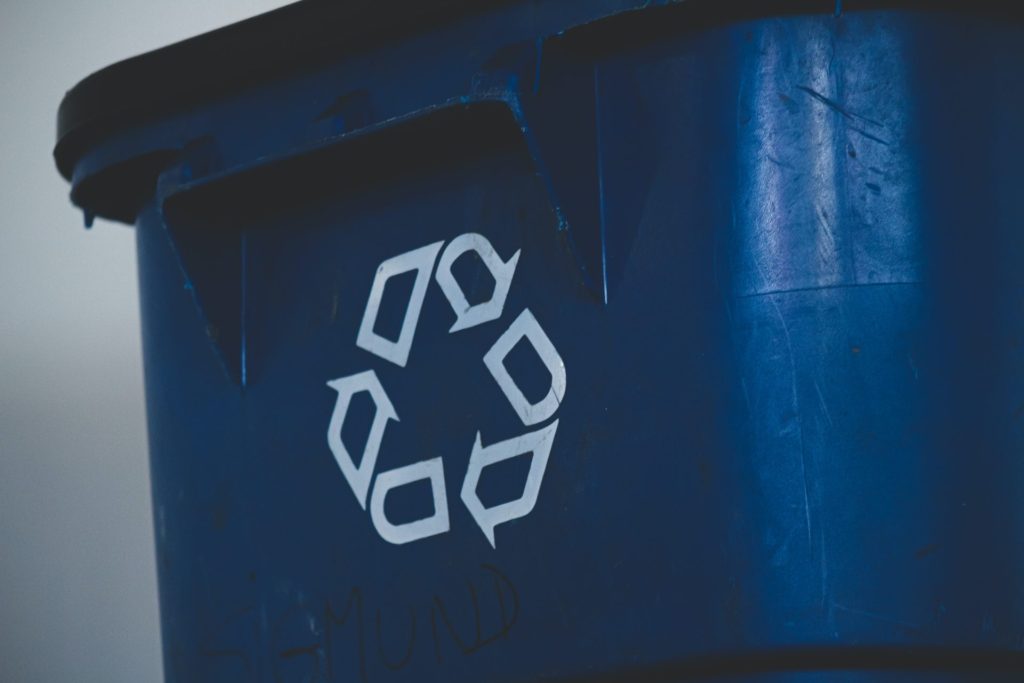
While we now understand that recycling is not a long-term solution to eradicate climate change, it is still a good place to start. Your kids could:
- Watch short videos about recycling. For a quick example, click here
- Hunt for recycling signs on packaging
- Have fun sorting all the different types of materials which can be recycled (paper, glass, plastic)
- Make a game out of placing recycling items in the correct bin.
3. Grow your own food
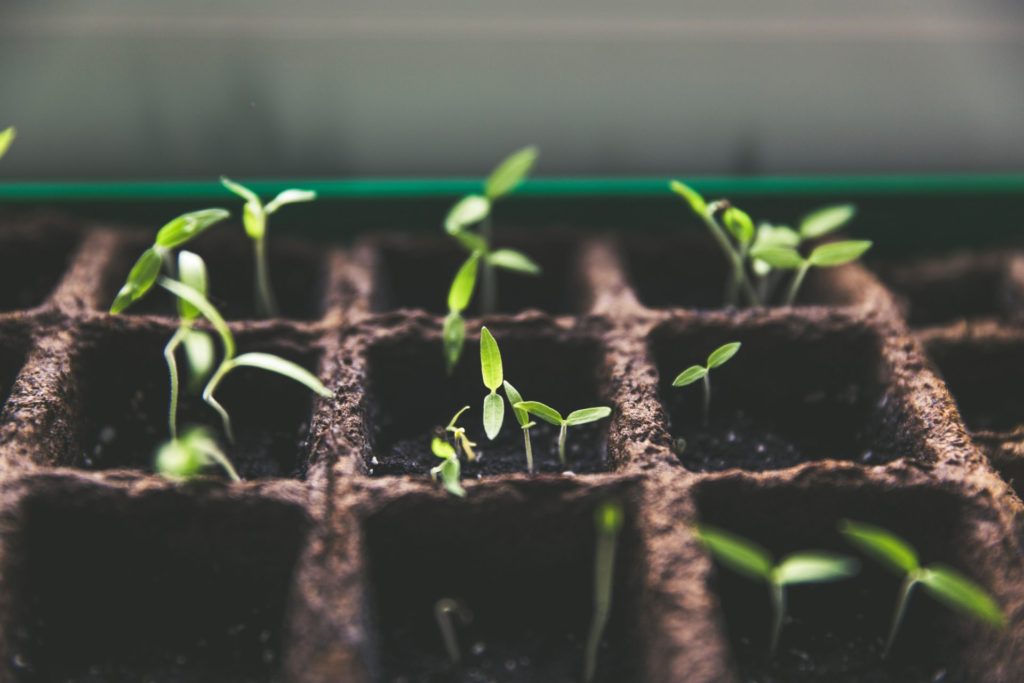
If your kids are anything like mine, they’ll love this one the most. After all, they’ll get to play outside in the dirt.
This one is probably the most satisfying. There is nothing better than seeing something you planted with your own hands grow and bear fruit – literally.
Get your kids to help:
- Identify a section in your garden where you’ll start planting, or an area in your home where you could place plant containers.
- Decide on what you want to plant. Herbs are always good to start off with as a confidence booster.
- Buy your seedlings and get your kids to help plant them. You could even put their names next to the one they planted and give them the responsibility of looking after it.
- Once you’re comfortable, you can start to expand. Potatoes, carrots, kale – whatever you like.
Benefits of growing your own food:
- You will save money.
- You could become self-sustaining.
- You could make money by selling off any excess produce.
- You could help your community and donate any excess produce.
These 3 things are simple and easy. And most importantly, they’re doable.
We’re not aiming to turn all our kids into an ultra-environmentalist like Greta Thunberg, but she started out simple too – with only a small poster.
And if they do all happen to turn out to like her, wouldn’t that be wonderful for our planet?
